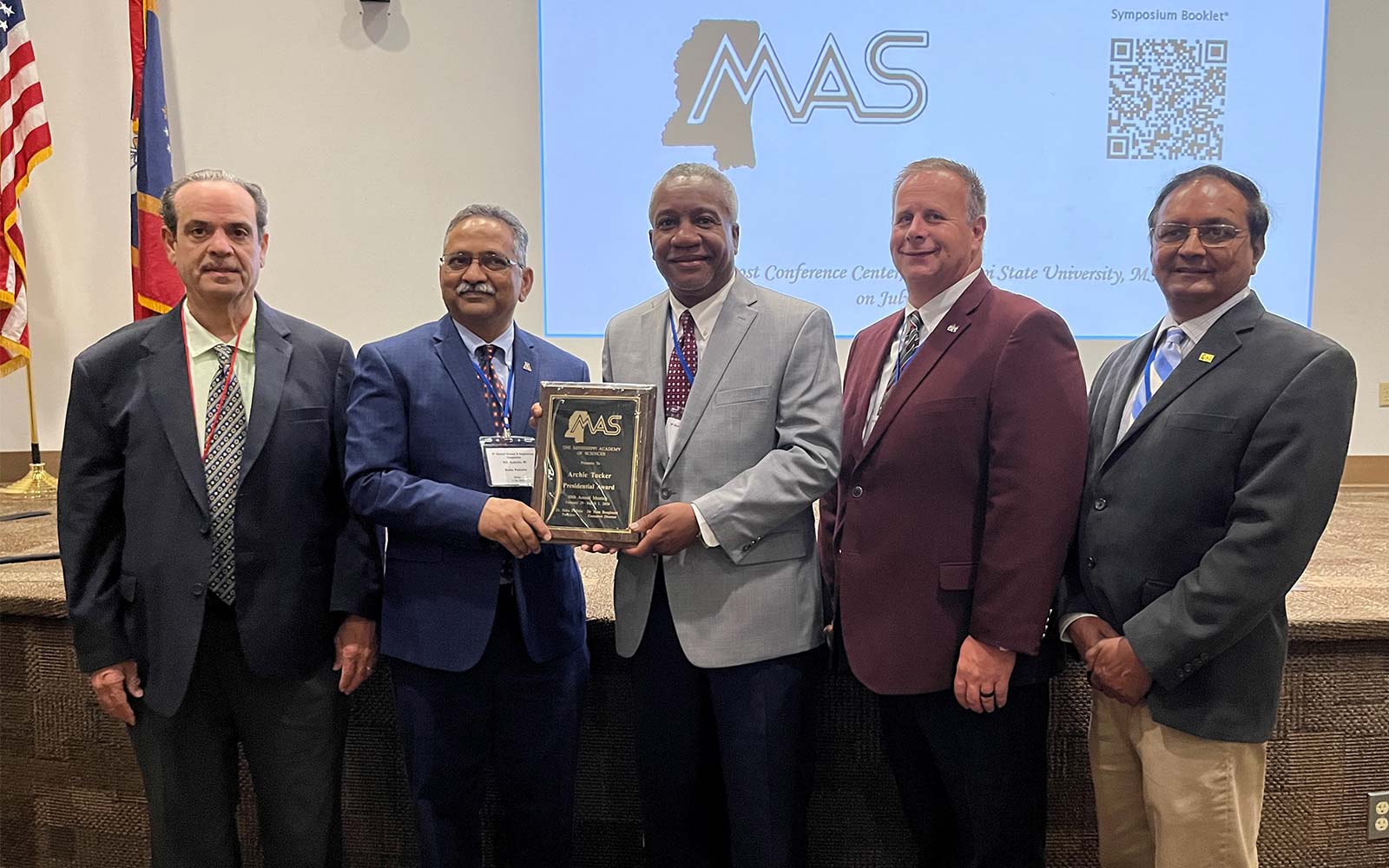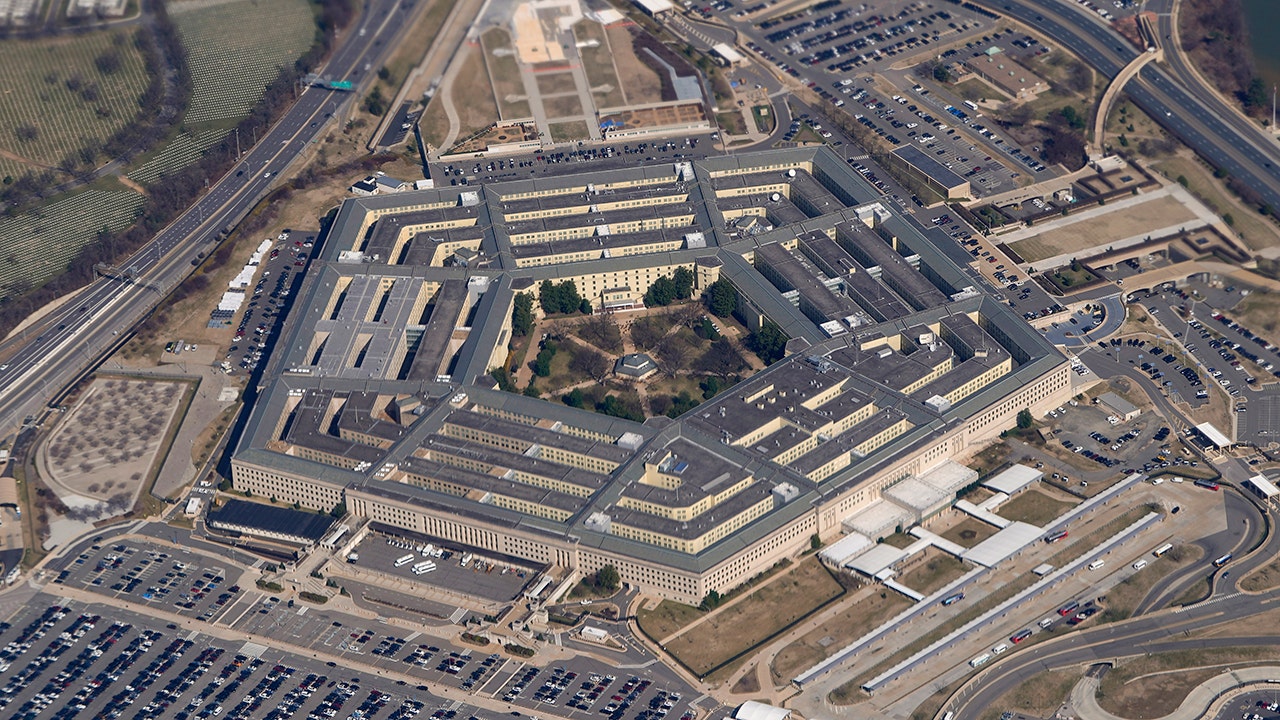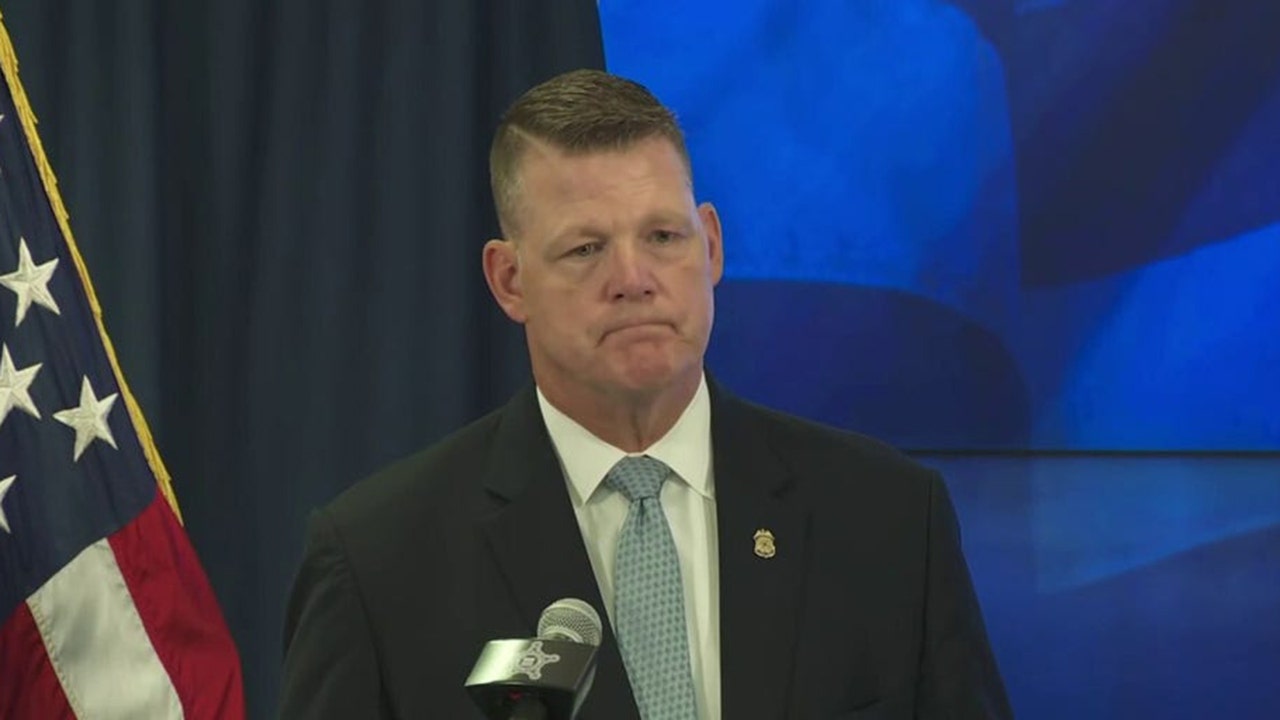North Carolina
Democracy is dying in North Carolina

A political party wins control of a legislature in a democratic election. That party changes the rules to ensure it cannot be voted out. Modern technology allows this to be done with enormous precision, by packing most opponents in districts where they will have huge majorities, and spreading the rest in districts where they will be a permanent minority.
The trial court finds the party’s map “is more carefully crafted to favor [the party] than at least 99.9999% of all possible maps” using nonpartisan criteria. The highest court agrees and strikes down the blatant partisan gerrymander. But the party in power successfully campaigns to change the composition of that elected court. The new court majority promptly reverses the earlier decision and authorizes the legislature to enact an even more extreme gerrymander.
Think I’m talking about a foreign country run by a party that has no interest in allowing the electorate that voted it in ever to vote it out? No, welcome to North Carolina’s “democracy” after a recent decision of its new Supreme Court majority.
North Carolina is far from unique. This is how our democracy now works in many states. Five years ago, in a case called Rucho v. Common Cause, the U.S. Supreme Court had an opportunity to put an end to this blatant rigging of elections. Instead, the conservative majority washed its hands of what may be our highest court’s most sacred obligation — to promote and safeguard our democracy.
Chief Justice John Roberts, writing for the Rucho majority, recognized that “excessive partisanship in districting leads to results that seem unjust” and is “incompatible with democratic principles.” However, he nevertheless ruled that this practice raises “political questions beyond the reach of the federal courts” — as if the Supreme Court refrains from deciding “political questions” in numerous other areas, including most recently when it sharply narrowed the laws Congress enacted to protect our environment. Roberts said this conclusion does not “condemn complaints about districting to echo into a void,” because the states can address gerrymandering.
The North Carolina Supreme Court has now shown that avenue is also foreclosed, at least in that state. And that will affect all of us.
The North Carolina court authorized the gerrymandered legislature to use the same undemocratic methodology to apportion the state’s congressional delegation that the legislature used to apportion its own seats. In the 2022 election, in which congressional districts were drawn on a nonpartisan basis, Republicans and Democrats each won seven of the state’s 14 seats. It is expected that the legislature will now gerrymander the districts for the 2024 election so that Republicans win 10 or 11 of the seats. That margin could determine control of Congress in 2024.
On an even larger level, gerrymandering makes an enormous contribution to the dangerous polarization of our politics. When districts are drawn so they are dominated by one party, there is no need for candidates of that party to appeal to voters of the other party. The only real election is the party’s own primaries, which tend to have low turnout and be dominated by extreme activists. The race to further polarization — and more shameless gerrymandering — is then self-reinforcing. And when the extremes take control in red states, they often also reduce democracy on the local level by preventing cities controlled by Democrats from enacting ordinances that reflect different views.
Ask yourself why Congress and so many state legislatures refuse to take the most basic steps to reduce gun violence and limit the sale of military-style weapons that continue to kill and maim so many, even though such measures have broad public support. Or consider why so many states have enacted anti-abortion laws that are not supported by most people. In North Carolina, for example, the governor is a Democrat. But on May 16, just a few weeks after the North Carolina Supreme Court upheld the legislature’s partisan gerrymander, the gerrymandered supermajority overrode the governor’s veto of a law banning abortions after 12 weeks and imposing other restrictions and mandates designed to limit availability. That never would have happened if districts for the state legislative elections had been fairly drawn.
When the Supreme Court struck down the constitutional right to abortion last June in Dobbs, Justice Alito wrote for the majority (all appointed by Republican presidents): “It is time to heed the Constitution and return the issue of abortion to the people’s elected representatives. … That is what the Constitution and the rule of law demand.”
Is what just happened in North Carolina what the Supreme Court had in mind? Do the Constitution and the rule of law really demand that legislatures elected based on districts that were drawn to flagrantly favor the party in control be empowered to override a governor’s veto and eliminate women’s right to abortion after 12 weeks?
Article IV, Section 4 of the Constitution states, “The United States shall guarantee to every State in this Union a Republican Form of Government.” It is time to recognize that extreme partisan gerrymandering does not come close to meeting that standard. James Madison explained in Federalist No. 37 that “Republican liberty” requires “not only that all power should be derived from the people, but that those entrusted with it should be kept in dependence on the people.” That is the opposite of what is happening in North Carolina and many other states today.
Michael J. Dell is a New York lawyer who litigates and writes about constitutional issues.
Copyright 2023 Nexstar Media Inc. All rights reserved. This material may not be published, broadcast, rewritten, or redistributed.

North Carolina
Tropical Depression Four forms on its way to the Gulf of Mexico

As of the 5 AM update Friday, Tropical Depression Four has formed. Areas along the East Coast including North Carolina need to continue monitoring this system. Winds are at 30 MPH and gusts are up to 40 MPH. The pressure dropped to 1009 mb and is moving to the west at 16 mph. TD 4 is expected to become Tropical Storm Debby over the weekend. Tuesday night and Wednesday are First Alert Weather Days due to the threat to ENC from this system but we may need to adjust the timing as we get closer.
It’ll move slowly before escaping to the north next week. As it moves up the East Coast, there’s a lot more uncertainty about the track and threats. We expect the track of this system to change through the weekend and even into next week. If ENC sees impacts from this system, they’d likely come mid-week. The longer this system stays over land, the weaker it’ll be. It’ll have the chance to strengthen if it moves back over open water, especially if it moves over the warm waters of the Gulf Stream.
The speed of this system is just as important as the strength. The quicker it moves through, the less rain piles up. If it slows down or stalls, higher rainfall amounts would be expected. Our river levels have dropped a bit since July’s wet weather, but levels are still higher than what you’d find in a typical August.
This is a reminder that we are heading into the heart of the hurricane season and to make sure your emergency supplies are ready.
Stay with WITN and WITN.com as we continue to track this system over the coming days and monitor the 2024 Atlantic hurricane season.
Copyright 2024 WITN. All rights reserved.
North Carolina
Alabama man on work trip stops to buy $3 quick pick Powerball ticket, wins 6-figure jackpot

Christopher Baker of Leesburg, Alabama was on a work trip in Hickory, North Carolina, when he thought he’d try his luck on a lotto game. It turned out to be a lucrative Powerball win.
An Alabama man on a work trip in North Carolina bought a $3 Quick Pick Powerball ticket on a whim and walked away with a six-figure windfall.
Christopher Baker of Leesburg in northeastern Alabama bought his lucky ticket in July in Hickory, North Carolina, where had been traveling for work, according to Powerball.
When the numbers were drawn, Baker says he had to do a double-take when he realized he had a $100,000 winning ticket. He had matched four white balls and the red Powerball, which would have been $50,000, but a 2X multiplier doubled the win and the disbelief.
“I just kept looking at it to make sure I was reading it right,” he laughed, according to Powerball. “I told my family but they didn’t believe me. either.”
Baker, who called his win “a shocker.” said he plans to save his winnings to buy a house.
Baker will take home $71,501 after federal and state taxes are withheld.
How to play the Powerball
In order to purchase a $2 Powerball ticket, you’ll have to visit your local convenience store, gas station or grocery store − and in a handful of states, you can purchase tickets online.
To play, you will need to pick six numbers in total to mark on your ticket. Five numbers will be white balls ranging from numbers 1 to 69. The Powerball is red and one number which is between 1 and 26.
If you want to increase your chances of winning, you can add a “Power Play” for $1 which increases the winnings for all non-jackpot prizes. This addition can multiply winnings by 2X, 3X, 4X, 5X, or 10X.
Players can also ask a cashier for a “Quick Pick” where a cashier will give you a computer generated numbers on a printed Powerball ticket.
Drawings are held on Monday, Wednesday and Saturday nights. If there’s no jackpot winner, the cash prize will increase by millions.
Where to purchase tickets
Tickets can be purchased in person at gas stations, convenience stores and grocery stores. Some airport terminals may also sell lottery tickets.
You can also order tickets online through Jackpocket, the official digital lottery courier of the USA TODAY Network, in these U.S. states and territories: Arizona, Arkansas, Colorado, Idaho, Massachusetts, Minnesota, Montana, Nebraska, New Hampshire, New Jersey, New Mexico, New York, Ohio, Oregon, Puerto Rico, Texas, Washington D.C. and West Virginia. The Jackpocket app allows you to pick your lottery game and numbers, place your order, see your ticket and collect your winnings all using your phone or home computer.
Jackpocket is the official digital lottery courier of the USA TODAY Network. Gannett may earn revenue for audience referrals to Jackpocket services. Must be 18+, 21+ in AZ and 19+ in NE. Not affiliated with any State Lottery. Gambling Problem? Call 1-877-8-HOPE-NY or text HOPENY (467369) (NY); 1-800-327-5050(MA); 1-877-MYLIMIT (OR); 1-800-981-0023 (PR); 1-800-GAMBLER (all others). Visit jackpocket.com/tos for full terms.
North Carolina
Obituary for Kristie Lee Sturgill Blake at Market Street Chapel

-

 Mississippi4 days ago
Mississippi4 days agoMSU, Mississippi Academy of Sciences host summer symposium, USDA’s Tucker honored with Presidential Award
-

 World1 week ago
World1 week agoTyphoon Gaemi barrels towards China’s Fujian after sinking ship off Taiwan
-

 News1 week ago
News1 week agoVideo: Biden Says It’s Time to ‘Pass the Torch’ to a New Generation
-

 News1 week ago
News1 week agoVideo: Kamala Harris May Bring Out Trump’s Harshest Instincts
-

 Politics6 days ago
Politics6 days agoRepublicans say Schumer must act on voter proof of citizenship bill if Democrat 'really cares about democracy'
-

 News1 week ago
News1 week agoWho Can Achieve the American Dream? Race Matters Less Than It Used To.
-
World5 days ago
More right wing with fewer women – a new Parliament compendium
-

 Politics1 week ago
Politics1 week agoHouse unanimously votes to create Trump assassination attempt commission















